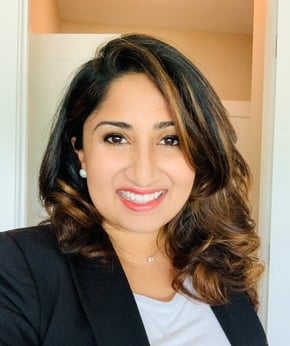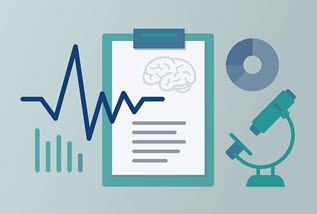Cognitive Reserve: What Is it and How to Build More
Just like people have bank accounts with cash “reserves” the brain also has a certain amount of “reserve” that gives certain people more resilience against damaging brain conditions. Researchers have shown that education level, occupational attainment, and healthy lifestyle habits﹘including those attained in late life﹘can actually increase the reserve one was born with. Specifically, healthy lifestyle interventions related to sleep, diet, physical exercise and social activity, may slow cognitive aging and/or reduce the risk of dementia.

In contrast to brain reserve which has to do with the sheer number of neurons someone is born with, cognitive reserve has more to do with the brain’s compensatory functional processing when under distress. For example, similar levels of brain damage may have different effects on individuals, even if their brains are the same size.
In Alzheimer’s disease and related dementias (ADRD), researchers have found that changes in brain pathology sometimes occur decades before symptoms are actually seen. One hypothesis is that individuals with higher cognitive reserve can withstand the build-up of harmful proteins in the brain for longer than individuals with lower cognitive reserve, who are prone to an earlier and more severe presentation of neurodegenerative effects.
Is it possible, then, to build up cognitive reserve in order to ward off dementia? The answer is yes!
The BrainHealth program is developed in accordance with findings from the renowned Finnish Geriatric Intervention Study to Prevent Cognitive Impairment and Disability (FINGERS) clinical trial, which demonstrated that healthy lifestyle changes measurably help to prevent cognitive decline. Our concierge service offers members a comprehensive approach to attaining and maintaining healthy habits that help to slow and/or prevent dementia.
With a custom combination of assessments, testing, tracking, an engaging education curriculum, scheduled video calls and unlimited in-app messaging with a personal BrainHealth Educator assigned to each member–as well as any necessary referrals–we help you take control of your brain wellness.
Detection of signs of or risks for dementia is no longer a guarantee of rapid decline. BrainHealth exists to make sure that it isn’t.
References:
Stern, Y. Cognitive Reserve in Ageing and Alzheimer’s Disease. Lancet Neurol. 2012 November ; 11(11): 1006–1012









.jpeg?width=300&name=Two%20businessmen%20with%20chess%20in%20office%20(1).jpeg)